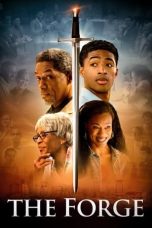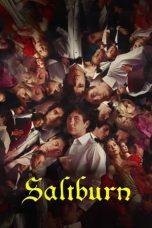- Source: Frederick Moore (Cambridge University cricketer)
- Frederick Moore (Cambridge University cricketer)
- Frederick Moore
- List of University of Cambridge people
- Frederick, Prince of Wales
- University of Cambridge
- List of people educated at Haileybury and Imperial Service College
- List of Old Harrovians
- List of Old Etonians born in the 19th century
- List of Cambridge University Cricket Club players
- List of Old Carthusians
The Forge (2024)
Ghostbusters (1984)
Into the Wild (2007)
How to Make Millions Before Grandma Dies (2024)
No More Posts Available.
No more pages to load.
Frederick James Stevenson Moore (26 February 1873 – 1 March 1947) was an English schoolmaster and a cricketer who played first-class cricket for Cambridge University Cricket Club in 1896. He was born at Leominster, Herefordshire and died at Sherborne, Dorset. In some records, including cricket databases, his first name is spelled "Frederic"; in others, including censuses, it has a final "k".
Moore was educated at St George's School, Harpenden (the forerunner to the current school of that name) and at St John's College, Cambridge. Academically gifted, he took a first-class degree in Part I of the Cambridge University Classical Tripos, and graduated with a Bachelor of Arts degree in 1895. His single game of first-class cricket came after he had technically left the university: he appeared as a middle-order batsman in the match against Yorkshire in 1896 and scored 61 runs in his only innings. The report of the match in The Times bracketed Moore's name in terms of success with those of three other Cambridge batsmen, Cuthbert Burnup, Frank Druce and Gilbert Jessop, all of whom went on to play Test cricket. Moore's subsequent cricket was less illustrious: he played minor matches for Herefordshire (not then a Minor Counties team) and one Minor Counties Championship game in 1902 for Dorset.
Moore became a schoolmaster after leaving Cambridge. He was an assistant master at Mill Hill School in 1899, and then moved the following year to Sherborne School where he remained until he retired in 1933.















